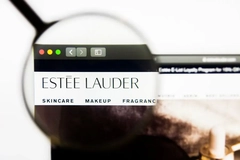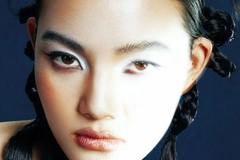L’Oréal recalls benzene-containing products amid consumer safety concerns

L’Oréal has voluntarily recalled its Effaclar Duo acne treatment in the US due to concerns over benzene contamination. The known carcinogen was detected in one product batch. Effaclar Duo is part of L’Oréal’s La Roche-Posay brand and is formulated with benzoyl peroxide (BPO), an ingredient known to help clear acne by killing bacteria.
The recall follows independent testing by Valisure, a third-party lab, which raised alarms over elevated benzene levels in BPO-based products. Benzene exposure can cause dizziness, headaches, immune suppression and increase the risk of leukemia.
Manufacturing issues usually cause benzene contamination. However, Valisure’s updated research shows that BPO can produce benzene independently. The lab found that some BPO products generated benzene levels up to 800 times higher than the FDA’s safety limit of 2 ppm.

The discovery is potentially a bigger problem than previous contamination cases as it shows benzene is not only coming from outside sources but forming within the product itself. This could raise concerns for skin care brands that use BPO in their acne solutions.
The FDA has issued a public warning after testing 95 BPO-based acne products, listing the affected products, which included the Effeclar Duo treatment. However, L’Oréal preemptively recalled all lots of the treatment.
With this warning, the association has also initiated voluntary product recalls at the retail level, meaning consumers are not specifically advised to return or stop using the products in their possession.
Courthouse chemicals
The recall aligns with increasing consumer and regulatory vigilance regarding benzene exposure. Over the past four years, Valisure’s findings have led to multiple high-profile recalls, including sunscreens, antiperspirants, and dry shampoos.
.jpg) BPO is an ingredient known to help clear acne by killing bacteria.Unilever faced legal repercussions after benzene was found in its aerosol dry shampoos in 2022. Consumers claimed Unilever knew some of its products contained high levels of the carcinogen but failed to warn the public.
BPO is an ingredient known to help clear acne by killing bacteria.Unilever faced legal repercussions after benzene was found in its aerosol dry shampoos in 2022. Consumers claimed Unilever knew some of its products contained high levels of the carcinogen but failed to warn the public.
The company eventually did issue a recall, but 11 individuals took legal action, alleging it was not fast enough.
Last month, Unilever and its suppliers Aeropres and Voyant Beauty settled its federal class action lawsuit and formed an agreement with the affected consumers. The terms of the deal were not disclosed.
Forced to reformulate
Previously, companies could fix contamination issues by switching suppliers or improving manufacturing processes. However, with the updated findings that benzene can produce on its own in some BPO-based products, L’Oréal’s recently completed lab is positioned to develop alternative ingredients.
L’Oréal has announced that it will replace its Effaclar Duo formula with a new version developed in 2024. The beauty giant’s American depositary receipts dropped 0.2% in Tuesday’s afternoon trading in New York, US.













